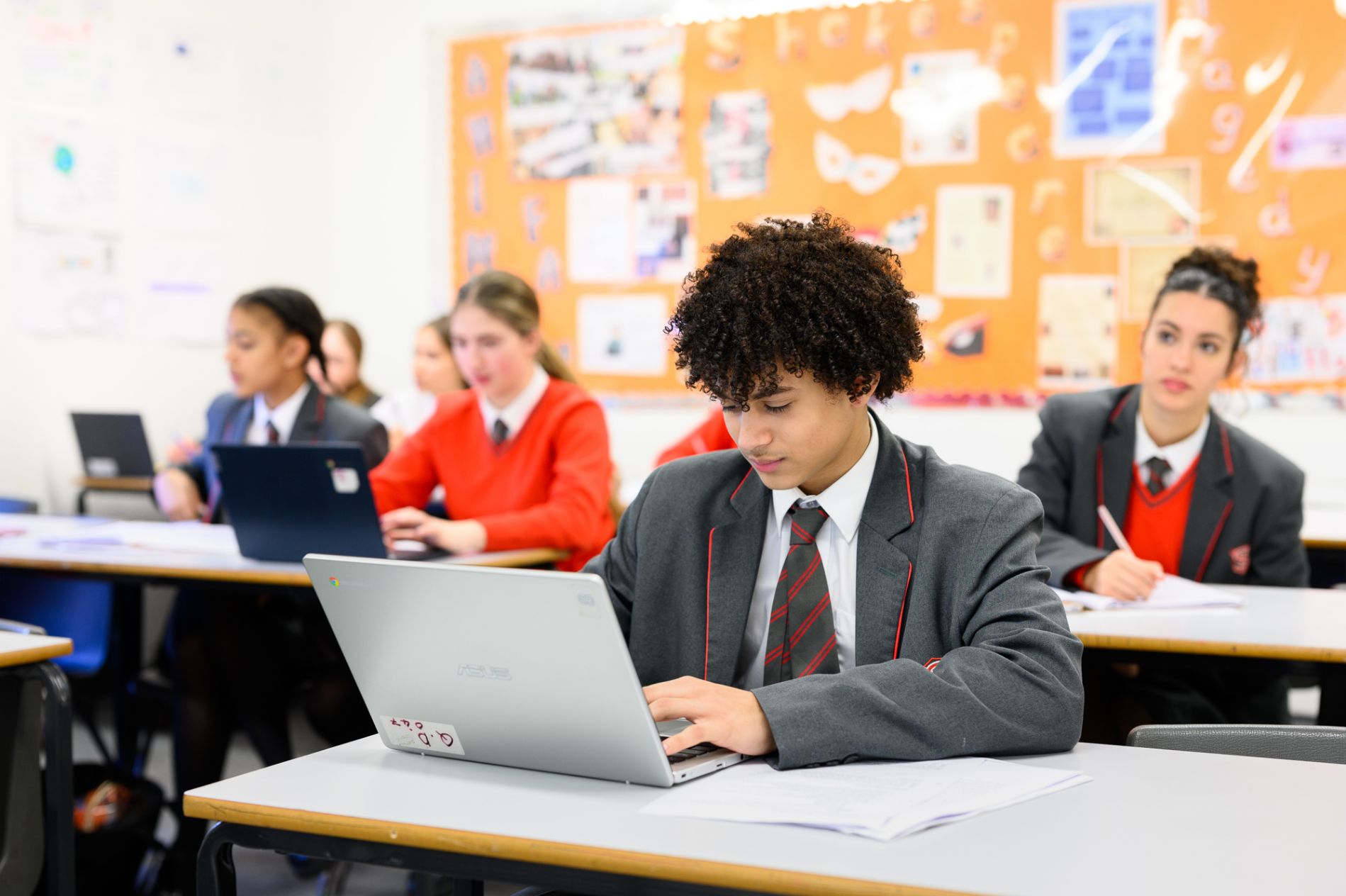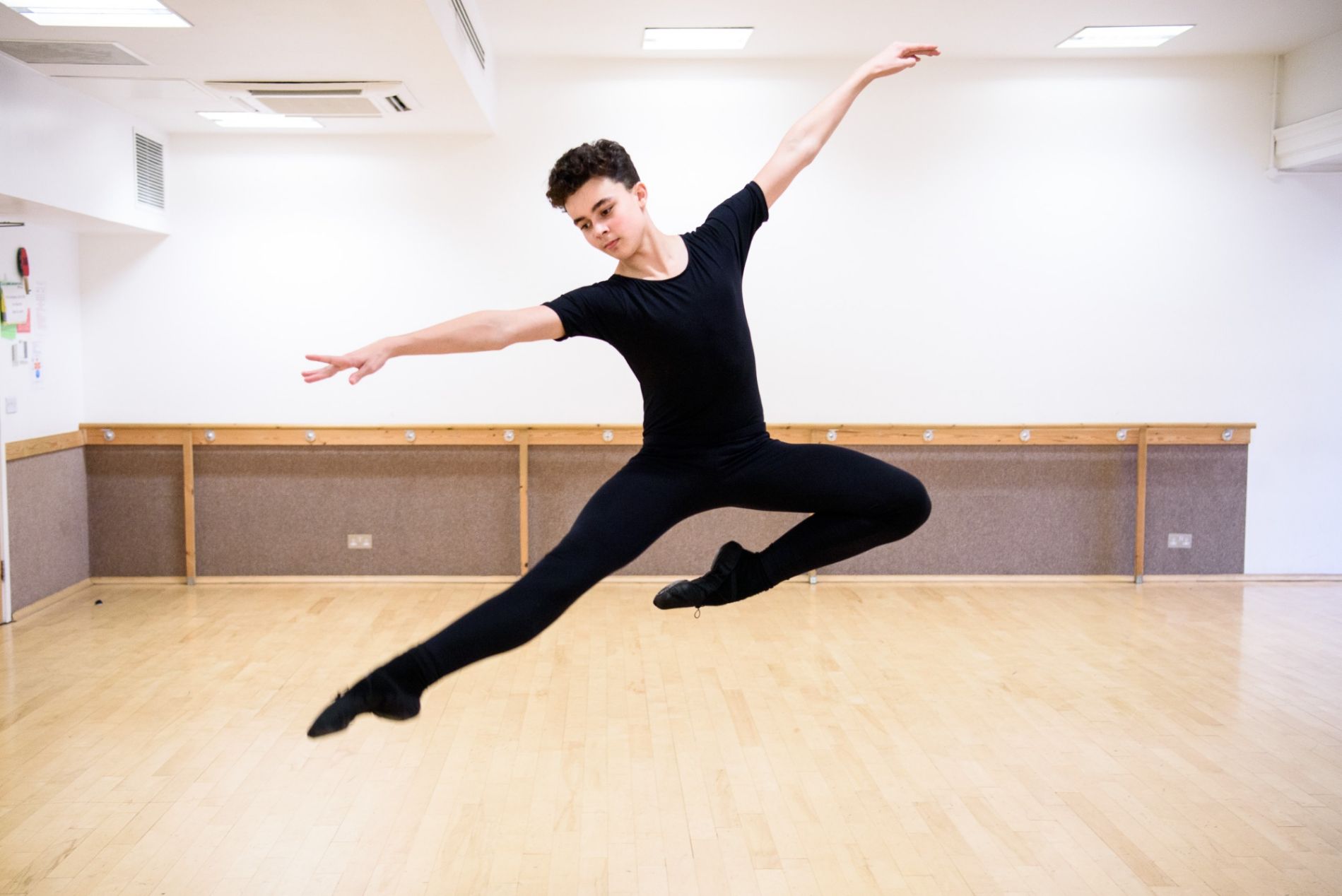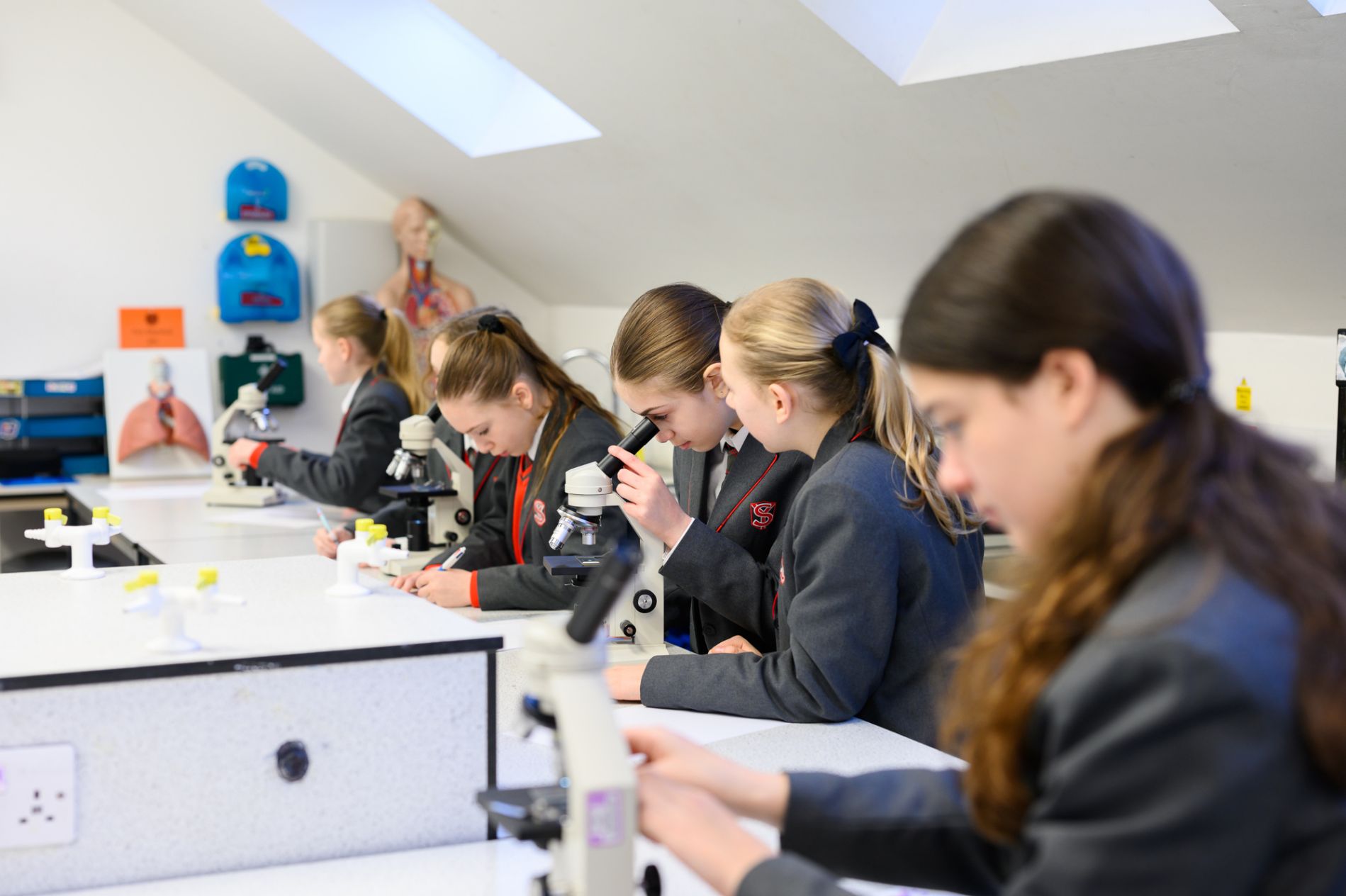Curriculum
The Sylvia Young Theatre School seeks to create a happy working environment where students can enjoy learning, staff can enjoy teaching and students can achieve their potential academically, vocationally, socially, morally and creatively.
Assessment & Reporting
Assessment at the Sylvia Young Theatre School supports individual students in the achievement of their full learning potential and fosters the development of self-esteem and personal responsibility.
This takes place with the involvement of staff, students and parents. The Sylvia Young Theatre School recognises that assessment does not need to be in the form of formal examinations but can be a progression within the school, maximising the potential of each individual student. Assessment is the obtaining, analysing and interpreting evidence for use by both students and teachers to enable the review, planning and improvement of learning. It is fully integrated with the delivery of the curriculum and is an essential component of classroom practice.
The Sylvia Young Theatre School aims to practice forms of assessment that:
- Promote and support learning.
- Informs teaching.
- It is both informative and summative.
- Uses appropriate and diverse strategies.
- Recognises pupil progress in all areas of the curriculum.
- Develops self-assessment for all members of the school.
- Develops shared responsibility between school and home.
Academic Assessment and recording
Internal assessment and recording
Consistent record keeping by all teachers allows for effective monitoring of student progress over time.

Good practice encourages:
- Common assessment marks/grades recorded in teacher's mark books
- Homework grades recorded in teacher's mark books
- Regular informal assessment as part of the learning process
- Regular formal testing of all subjects for all year groups. This may take the form of half-term tests, end of topic tests or end of unit / module tests. Testing may take the form of written tests or oral / speaking assessments or a combination of both.
- End of year or end of Key Stage tests in subjects where that is appropriate
- Mock GCSE examinations in January of each year for year 11 in all subjects taken
Teacher records are used to inform reporting, both formal and informal, to students, parents and the school management team.
Vocational Assessment and recording
Sylvia Young Theatre School operates a detailed system of assessment and reporting. Towards the end of the autumn term, students' achievements are reported to parents, in brief, by way of the 'Interim Report'. During the summer term, a detailed assessment is made and reported in the students' 'Record of Achievement'. 
Dates of parents’ afternoons / evenings and reports are published in the school calendar at the start of each academic year.
Staff have school e-mail addresses and if parents have any subject-specific queries or concerns, then e-mailing the teacher concerned is the best course of action in the first instance.
Parent/Carer Consultation Day
An opportunity for individual appointments with vocational staff during a parent/carer day is arranged during the school year. Appointments are made by your child on your behalf.
External assessment
Students are assessed externally in public examinations as follows:
- GCSE controlled assessment tasks during Years 10 & 11 where this forms part of the GCSE examination requirement for the subject.
- GCSE examinations taken in the summer term of Year 11
Year 6 students are NOT entered for Key Stage 2 SATs tests. Internal testing and teacher assessment are used in year 6.
Homework
Homework is an important part of every student's learning experience which supports l=them to make progress. It provides students with the experience of working by themselves to consolidate or extend work covered in school. It also establishes and develops good study habits, time management, self-discipline, commitment and perseverance that are so valuable in the future of lifelong learning and adaptability. Students are issued homework from Year 6 and are encouraged to take responsibility for it themselves. Where feasible, they should complete homework on the day it is set and not allow it to be left to the weekend. Homework must be viewed as important by staff, students and parents/carers.
Purposes of homework
These include:
- Encouraging students to develop the skills, confidence and motivation needed to study effectively on their own;
- Consolidating and reinforcing skills and understanding developed at school;
- Extending school learning and encouraging broad and original thinking;
- Encouraging reading for information and for pleasure;
- Sustaining the involvement of parents and carers in the management of students’ learning and keeping them informed about the work students are doing;
- Managing particular demands such as GCSE coursework.
Setting, recording and quantity of homework
The general expectation is that staff will set one piece of homework per subject per week. However, extended tasks may be set, particularly at GCSE level, which may take more weeks. Homework tasks for each subject should take an average of 30 minutes at KS3 increasing to at least an hour per subject by KS4.

Homework tasks are posted on Google Classroom for all to view. This benefits students who were absent when the work was set or those who require further detail.
In addition to homework tasks, students who have been absent due to professional work, or other reasons, have to catch up with missed classwork. Catch-up work is also posted on Google Classroom and students are expected to be proactive in keeping up with missed work.
Failure to submit homework on time without a reasonable explanation may result in a detention in line with our behaviour policy.
Appropriate tasks for homework
Homework time should not regularly be used simply for “finishing off” work carried out in class, as this can place too heavy a burden on some students and too light a demand on others. However, there are occasions on which this type of homework may be necessary / appropriate.
Appropriate homework tasks will vary considerably between different subjects but might include:
- Tasks to consolidate classwork;
- Extension tasks;
- Reading;
- Research;
- Preparation for forthcoming work;
- Learning tasks / revision
Homework tasks should be differentiated, where possible, to allow students to achieve at their own level.
Feedback for students
Homework should be completed and handed in by the agreed deadline. Any requests for support or an extension must be made to the teacher prior to the lesson. Teachers keep a record of all completed homework.
Feedback will be given to students in line with our academic assessment policy.
Extended tasks such as projects, or GCSE assessment work take longer to complete and longer to assess. Feedback will be given as soon as is practical and possible after the work has been submitted. Feedback is given through written and verbal comments and, where appropriate, by marks, grades or attainment descriptors. Comments are used to recognise good work / effort / progress and also to give suggestions and targets for improvement.
